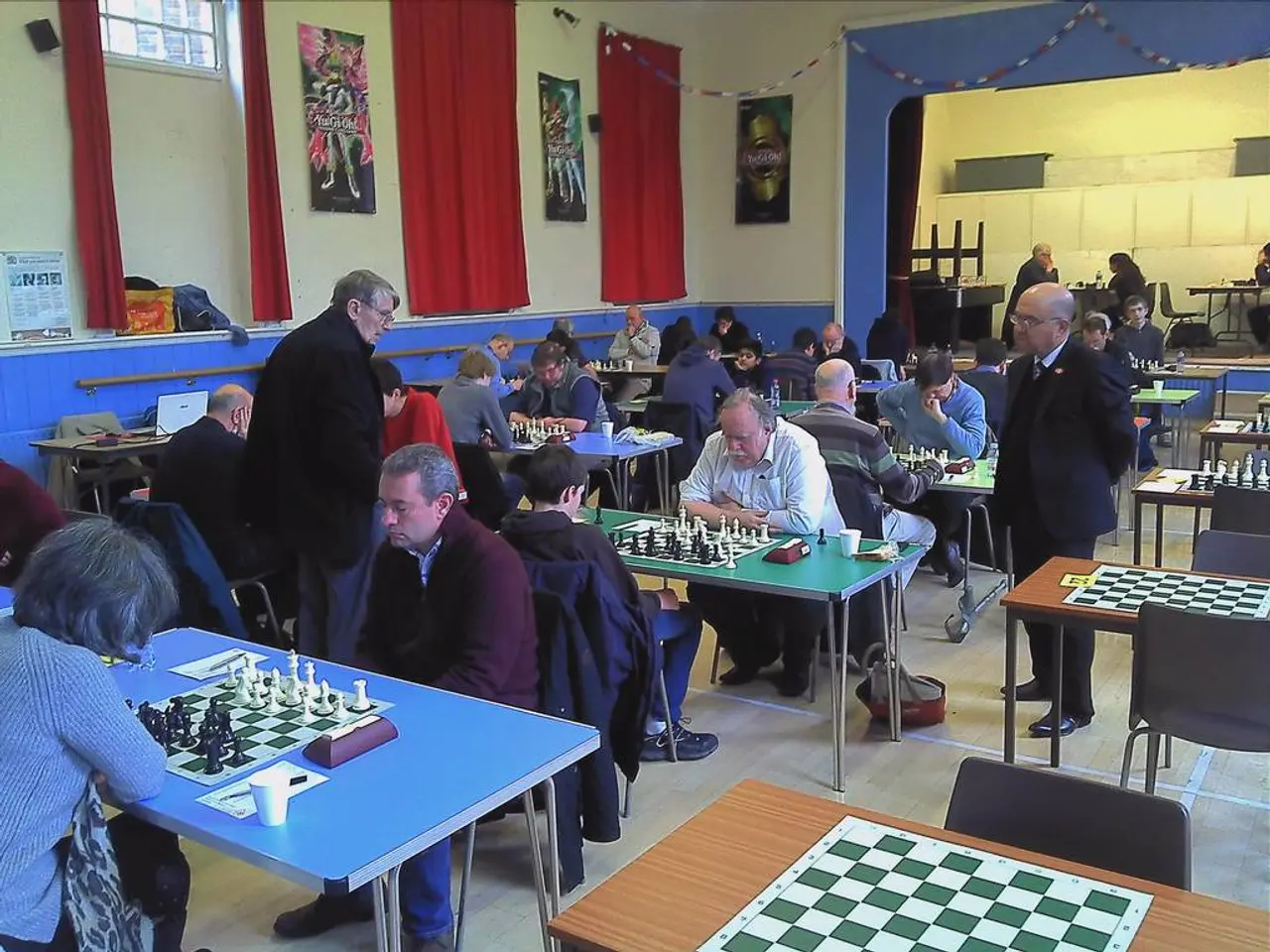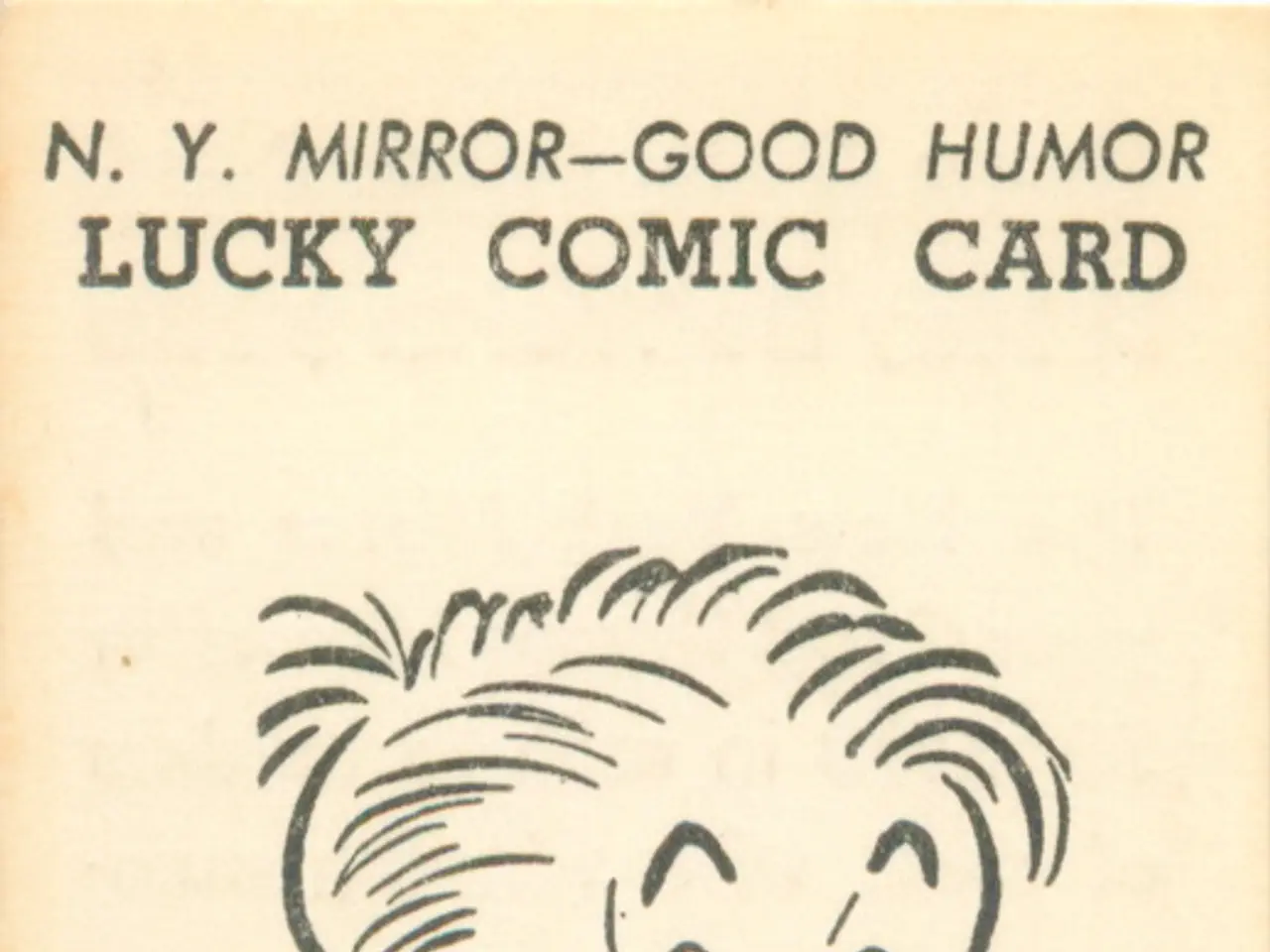Quebec Online Gaming Alliance Marks Second Anniversary by Launching Attack Against Loto Quebec's Monopoly
Updated Article:
Posted on: May 9, 2025, 11:38h.
Last updated on: May 9, 2025, 11:38h.
Mark Keast Read MoreCanadian GamingiGamingLas VegasSports BettingNFLBoxingUFC Quebec Online Gaming Coalition marks second anniversary, stuck in the same rut*
On the second anniversary of the Quebec Online Gaming Coalition (QOGC), the organization finds itself no closer to its goal of challenging Quebec's online gaming monopoly, helmed by Loto-Québec.
Monopoly Monopolizes Over Half the Market
Launched in May 2023 by Betway, Bet99, DraftKings, Entain, Flutter, Games Global, Rush Street Interactive, and Apricot Investments, the QOGC aimed at partnering with the Quebec government and local stakeholders to introduce a new regulatory framework that competes with Loto-Québec. The hope was to offer players a more diverse and competitive gaming environment.
However, two years later, Loto-Québec's grip on the market remains unshaken as it continues to reach over half the province's online players, a figure revealed in the corporation's budget estimate review[1]. In stark contrast, Ontario's strategy of opening its market to private operators has led to 83.7% of online gaming activity being conducted within a regulated environment[2].
Call for a Regulatory Overhaul
Ariane Gauthier, a spokesperson for the QOGC, expressed concern, stating, "Why continue supporting a monopoly that caters to just one in two online players, when Ontario's open market model offers far greater success?"[3]
Beyond Loto-Québec's stagnant market share, the QOGC also criticizes the monopoly for its lack of innovation and reluctance to adapt to the evolving landscape of online gaming[4].
In an attempt to circumvent the challenge posed by private players, Loto-Québec is exploring collaborations with the British Columbia Lottery Corporation (BCLC) and the Atlantic Lottery Corporation (ALC) for a national sports betting platform[2]. However, the QOGC remains skeptical, pointing out that such consolidated public monopolies are unlikely to displace the private online gaming market[2].
A Question of Modernization
Meanwhile, the Quebec government appears unwilling to follow Ontario's lead, citing concerns about online gambling advertisements and a trivialization of gambling[5]. Despite widespread arguments that a regulated open market would enhance player protection and maximize revenue, resistance to change persists.
As other provinces modernize their gaming regulations and explore new platforms, Quebec's progress remains tentative. The QOGC continues to advocate passionately for a more open market with strong responsible gaming regulations, hoping to influence government policy in the near future.
Stay tuned for updates as the QOGC pushes for change in Quebec's gaming landscape.
Enrichment Data:
Additional Insights:
- The Quebec government's reluctance to open the market to private operators is partially due to concerns about potential revenue losses and societal impacts.
- The QOGC supports an independent regulatory body to oversee a more open market and emphasizes responsible gaming practices.
- The creation of a national sports betting platform under the "Proline" banner by BCLC and ALC might impact future policy decisions in Quebec and potentially encourage the modernization of its gaming regulations.
- The QOGC's advocacy for change may contribute to future shifts in government policy, as they highlight the benefits of a regulated, open market and responsible gaming practices.
- Despite the Quebec Online Gaming Coalition (QOGC) reaching its second anniversary, it remains stuck in its effort to challenge Loto-Québec's online gaming monopoly in Quebec.
- Loto-Québec continues to dominate over half the Quebec market, a statistic obtained from the corporation's budget estimate review.
- Ariane Gauthier, a spokesperson for the QOGC, questions why Quebec continues to support a monopoly catering to only half of online players, when Ontario's open market model yields greater success.
- The QOGC criticizes Loto-Québec for lack of innovation and reluctance to adapt to the evolving online gaming landscape.
- To counter the challenge from private players, Loto-Québec is exploring collaborations with BCLC and ALC for a national sports betting platform, but the QOGC expresses skepticism about the effectiveness of such consolidated public monopolies.
- The Quebec government's hesitancy to open the market to private operators and modernize gaming regulations persists, despite the QOGC's passionate advocacy for a more open market with strong responsible gaming practices.




